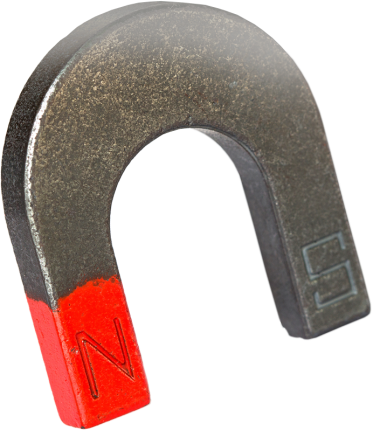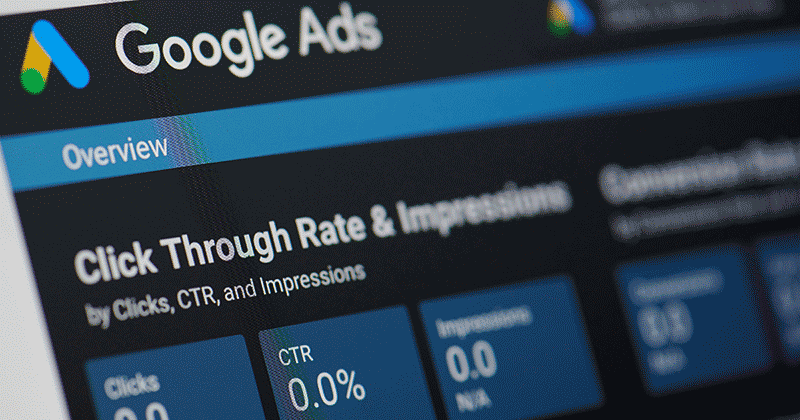Will Google Be Able to Market AdSense Audio?
Last week we told you about a survey regarding radio advertising that two AdSense members had been asked to complete and it how signal AdSense Audio could be just weeks away. Well, it’s here. Or at least, it’s in Detroit. The service is expected to be “generally available” within three months.
Google Chief Executive Eric Schmidt:
“We are in the process of introducing AdSense for radio, which is essentially the integration of the dMarc console and management tools into our advertising system. There are a number of very interesting deals being negotiated.”
What the dMarc console does for Google is provide them with an automated radio advertising system that will allow them to branch out to a previously untapped audience. The technology is now in place to make AdSense Audio possible, but will it be successful?
Clearly, there’s no guarantee Google’s radio project will take off, but the potential is there. Automation could lead to higher efficiency, which would bring lower prices for advertisers and more sales to the radio stations. However, creating an automated system may also cause rifts between radio stations and their sales department since advertisers will now be able to cut out the middleman.
RBC Capital Markets Media Analyst David Banks says ending the need for radio station and sales to communicate with one another will erase a practice that has been in affect for 75 years.
“It’s disruptive, and that’s what will keep it from really getting off the ground in the short term.” It runs counter to 75 years of industry practice. If you (radio stations) sell some of your inventory online, you are kind of competing with yourself. That probably won’t make your sales force real happy.”
But an automated system of buying ads, placing them in time slots and tracking them could make advertisers very happy. It will be a few months before we see who ultimately wins out.
It Google’s radio ads do take off it will be an enormous step for Google, which despite all its recent projects, remains almost entirely dependant the advertising it generates from its AdWords for Search program.
Hitwise released their most recent breakdown of the top Google properties that shows Google’s organic search still accounts for almost 80 percent of its market share. Google’s Image Search comes in second with just 8.56 percent. It’s worth noting that recently launched Google Checkout, Calendar and Spreadsheet didn’t even make the top 20. (A top 20 position accounts for just .03 percent market share.)
It would be in Google’s best interest to try and strengthen their foothold in some of areas that competitors like Yahoo! and MSN are thriving. For example, comScore data shows GTalk currently boasts 44,000 users, while competitor services from AOL and MSN hold 62 million and 20 million users respectively. Similarly, though Gmail has been successful with techies and the Internet savvy, its adoption rate remains far slower than that of Hotmail and Yahoo! Mail. Perhaps if the two services (Gmail and GTalk) were released together, as a unit, that adoption rate would be higher. You could also add Google Calendar to that equation.
An article from the International Herald Tribune attributes Google’s slow adoption rate to their practice of ‘throwing things out there’ and waiting to “see what sticks”. Unfortunately, this approach doesn’t always get the “wow” factor Google is looking for.
“Google tends to introduce a lot of new products and then watch to see what works. This has the potential to alienate users if there are too many false starts. At the same time, Yahoo risks being seen as irrelevant if it tries to put so many features into each product that it is always months late to market with any good idea.”
I don’t think Google’s approach alienates users, but I do think it makes them hesitant to get excited over the many Google releases. It’s hard to create positive buzz when you remember that a lot of Google products aren’t so stellar right out of the gate.
The article states, “Google appeals to those who prefer technological wizardry, even if it is a bit rough around the edges, while Yahoo aims more for those who want a smoother experience.” And that’s the problem both Google and Yahoo! will need to fix in order to take their services to the next level. But it will be hard.
Users have developed hard-to-break loyalties. They go to Google for their searches and to Yahoo! when they’re looking for more portal-based features. Google may offer the more relevant search, but Yahoo!’s product releases are typically more consistent and more developed than Google’s. Of course, they are also released months after Google’s has made its appearance and can capitalize off their gains and vulnerabilities.
Right now, all the engines are struggling to find a balance between speed and innovation. We suspect the engine that finds the right mix first will win the search race.

Comments are closed









